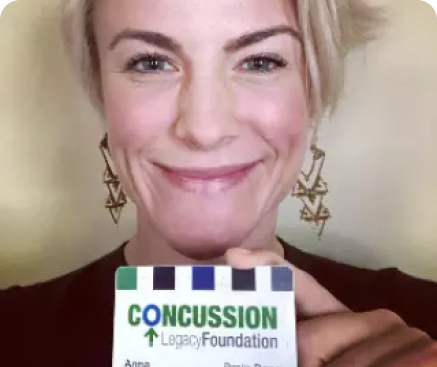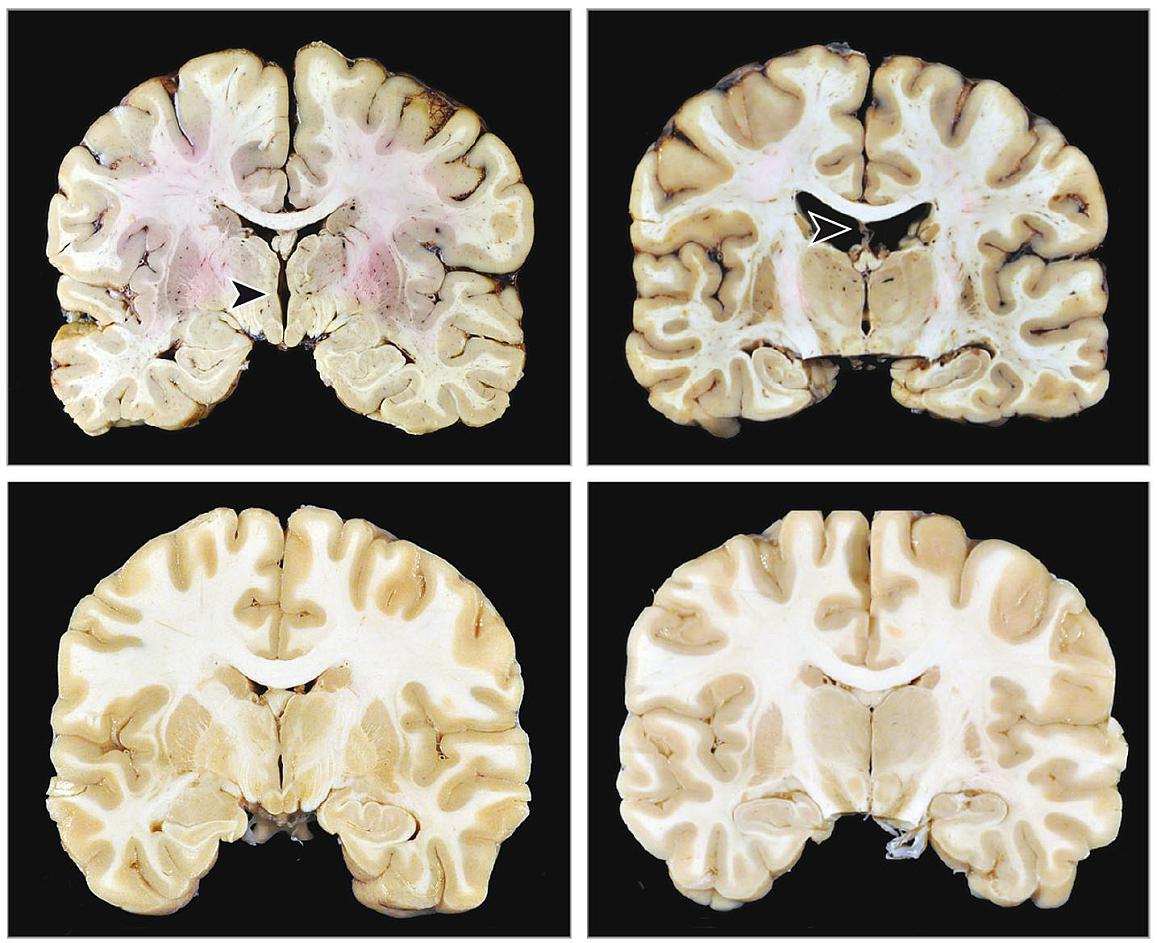Project Enlist
Accelerating TBI, PTSD, and CTE research in the military community.
Project Enlist
Project Enlist UK is a catalyst for critical research on Chronic Traumatic Encephalopathy (CTE), Post-Traumatic Stress Disorder (PTSD) and traumatic brain injury (TBI) in military Veterans and service members.
TBI due to blast injury or exposure, as well as other service-related causes, is a significant problem in the military community. However, the scientific understanding of TBI and related disorders is in its infancy, and we lack both effective treatments and active diagnostic testing for living patients.
Brain bank research is an essential step in developing effective treatments for TBI, CTE, and PTSD so we can protect and support the heroes who courageously fight for our nation.

Pledge your brain to accelerate military CTE research
Project Enlist is recruiting and conducting outreach to the military community to encourage Veterans and service members to sign up for the CLF UK Research Registry.
Dr. Gabriele De Luca leads the collaborative research effort between CLF UK and the University of Oxford. Studies on traumatic brain injury at the University of Oxford date back to WWII, when one of the colleges was evacuated to accommodate a military hospital. This hospital treated 13,000 patients during the war, including 2,000 with closed head injuries, and 1,000 with penetrating injuries. These patients were followed throughout the course of their lives by physicians and researchers at the University of Oxford and we are now able to study brains donated by WWII Veterans from this cohort for CTE and other diseases.
Click here to pledge to donate your brain and join the Clinical Research Registry. If you sign up for the Clinical Research Registry, we’ll keep you informed of clinical studies you may be eligible for.
Click here to review actively recruiting studies that you may be eligible for. By signing up, you can play an active role in helping scientists find treatments for the effects of brain trauma.
Here to support those who sacrificed for us.
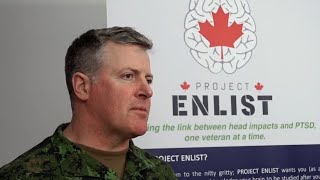
The Operation Brain Health Support Line
If you or someone you know is a Veteran or service member struggling with the effects of brain injuries, the Operation Brain Health Support Line is here to support you.
Powered by the CLF HelpLine, the Support Line is a free, personalized service dedicated to serving British military populations. To date, the CLF HelpLine and the Operation Brain Health Support Line have provided more than 6,000 families globally with vetted medical recommendations, resources and tips from some of the world’s top brain injury experts, and innovative peer support for both patients and caregivers.
Whether you want help finding a doctor or clinic, want to understand more about brain injuries and CTE, or just want to talk to someone who understands what you’re going through, the Operation Brain Health Support Line has your back.
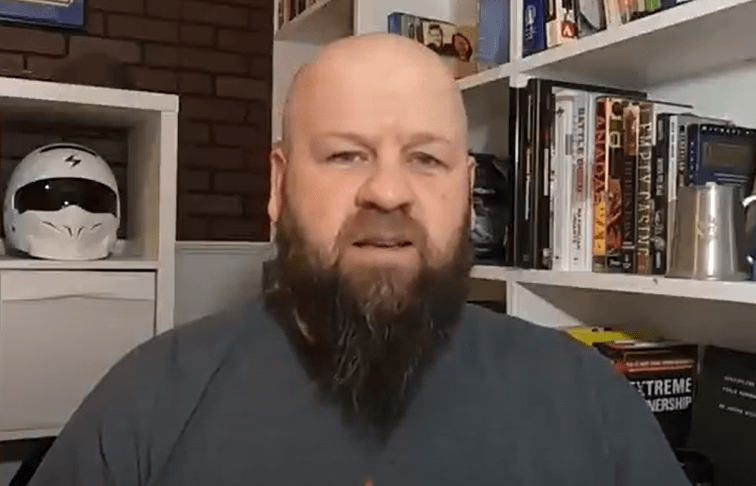
Operation Brain Health
Brain injuries don’t control your future. If you’re struggling with TBI or PTSD, or think you may have CTE, there are strategies, tactics, and treatments that can help you feel better today and lower your risk of problems in the future.
Powered by courageous volunteers and with the assistance of our medical experts around the world, CLF UK collaborates with CLF Canada to provide a library of brain health resources designed for members of the military community and their loved ones. We’ve recruited a team of top medical experts, elite athletes, and passionate advisors to share strategies, tips, and advice for navigating life with a brain injury.
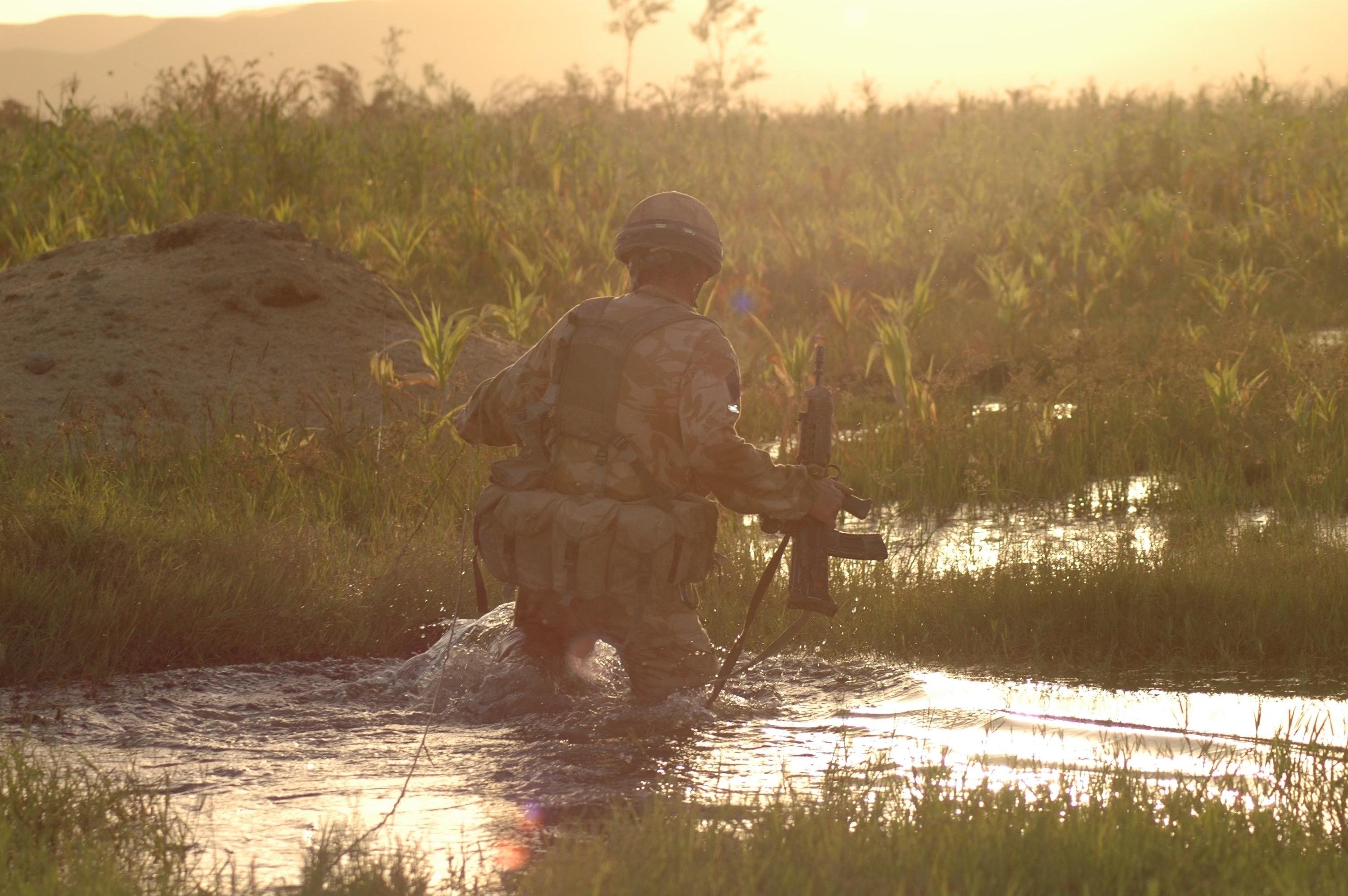
Operation Brain Health Support Groups
If you or someone you know is a Veteran or service member struggling with the effects of brain injuries and looking for a community to connect with, the Operation Brain Health Support Groups are here to support you.
CLF UK works alongside CLF Canada to offer meetings open to all serving and former military members across the globe. These meetings are facilitated by Canadian Armed Forces Veterans Ryan Carey and Michael Terry.
Sessions are held on Zoom on the second Thursday of each month. Join us to share your experiences, ask questions, find resources, and connect with others. Group membership is confidential.
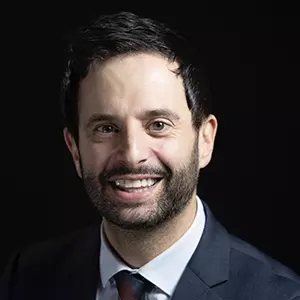
Why brain donation is critical to helping us understand CTE
Brain donation has proven to be an effective accelerator of research on CTE among athletes over the last decade. By showing how CTE has affected hundreds of athletes across multiple sports, we’ve inspired the scientific community to invest in CTE research.
We’ve learned that CTE isn’t just affecting athletes, though. It’s showing up in Veterans around the world. We are committed to accelerating research in Canadian Veterans and service members to learn how we can best support those that dedicated their lives to serving us.
Our researcher partners at the University of Oxford are especially interested in accelerating this research to find an in-life diagnosis, and eventually a cure for CTE.
Brain donation is the key that unlocks these discoveries and allows us to get a better understanding of the unique effects of military brain trauma exposure.

Project Enlist UK is passionate about caregiver support
The Concussion Legacy Foundation UK has partnered with Veteran carer and advocate, Kate England to help veterans and veteran carers across the UK. Kate’s husband is an injured Veteran who served with the 1st Queen’s Dragoon Guards. He served in Bosnia and completed three tours of Iraq. During his service, he experienced traumatic events both in combat and on home soil while serving, exposure to blast overpressure, and suffers from a Traumatic Brain Injury (TBI).
Kate has been campaigning about the effects of exposure to military blasts and the crossover of symptoms with PTSD, as well as the overlap between physical and mental health diagnoses. Her objective is to improve the experiences of all who fall under the Armed Forces Covenant within the healthcare system, including serving members, Veterans, family members, and carers.
Kate’s journey has involved adapting to a new way of life, marked by medical appointments and the daily intricacies of providing support. Despite the challenges, she has embraced this role with determination and empathy, addressing both the physical and emotional wounds attributed to my husband’s service. Her life has also expanded to include advocacy for others, campaigning from a local level (including becoming a carer governor at Oxford Health Foundation Trust) to organising carers to speak directly with the Defence Select Committee.
To learn more about Kate, you can visit her YouTube page here.

Former British Army Officer, Euan Goodman, joins Project Enlist
The Concussion Legacy Foundation UK has also partnered with former rugby player and British Army Officer, Euan Goodman. Euan served in NI, Balkans, Iraq and Afghanistan with the Light Infantry and then Rifles Regiment. Euan suffers from PTSD and has spent over a year working with a Veteran’s charity in the UK.
Euan’s personal interest in working with CLF UK, stems from his own endocrine journey, having been diagnosed with low testosterone levels almost 3 years ago. Through intrigue, reading and research he discovered that he is not alone, as endocrine dysfunction has been reported following TBI in a substantial number of people, including military personnel.
With Euan, CLF UK aims to support Veterans across the UK with dedicated support and educational materials to end Veteran suicide in the UK.
The Military and TBI:
A growing concern
Traumatic Brain Injury (TBI) is the signature wound of modern warfare, with thousands of British military personnel and Veterans living with the impacts of concussion. In 2012, the King’s Centre for Military Health Research indicated 4.4% of all military personnel and 9.5% of those serving in a combat role deployed to Iraq or Afghanistan reported having an mTBI.[1] This number is likely higher due to underreporting and has devastating impacts on our service members.
The most common causes of TBI in Veterans include blasts from IEDs, combat-related falls or accidents, and vehicle crashes.[2] These injuries can range from mild concussions to severe brain damage, leading to long-term physical and psychological consequences.
Another major concern is the long-term effects of TBI on the brain.[3] Research has shown that repeated blows to the head, such as those experienced in combat, can lead to CTE and other degenerative brain diseases. These conditions can manifest years or even decades after the initial injury, causing severe cognitive impairment and behavioral changes.
One of the major challenges in addressing TBI and CTE among military members is the lack of awareness and understanding of these conditions. Many service members may hesitate to report their symptoms, fearing it will negatively impact their career or deployment status. In other cases, symptoms may be misdiagnosed or dismissed as common mental health issues.
The prevalence of TBI in veterans has also led to a growing concern for the long-term care and support of these Veterans. As they transition back into civilian life, many may struggle with physical disabilities, cognitive impairment, and mental health issues related to their TBI.
